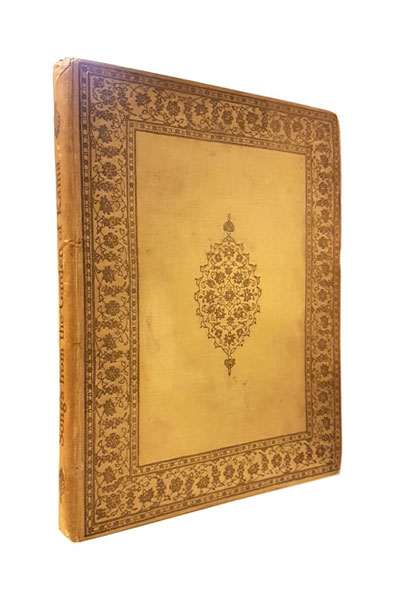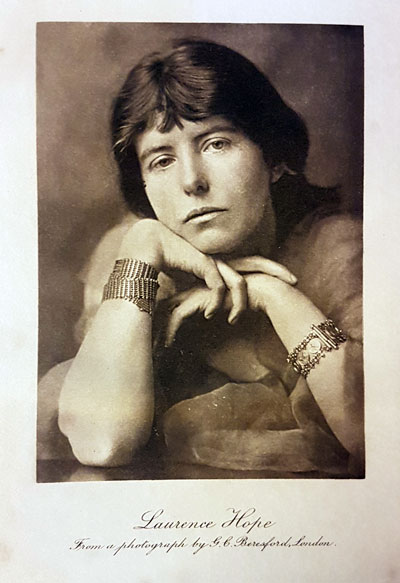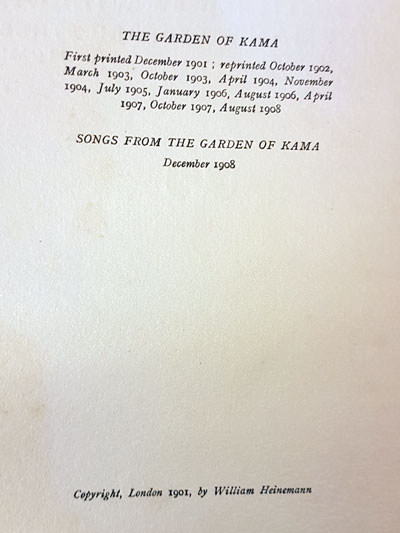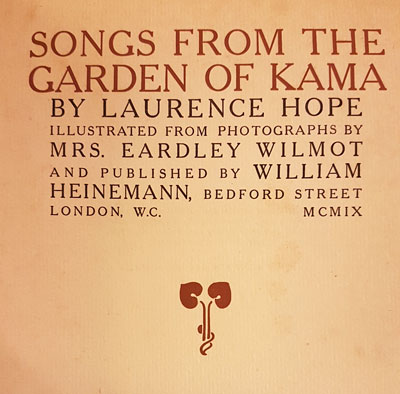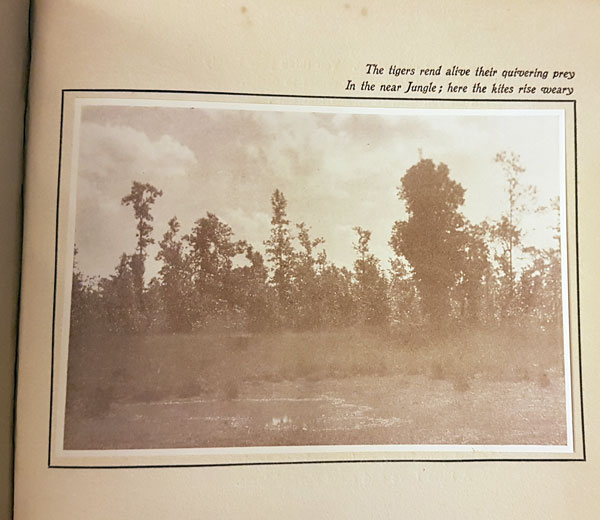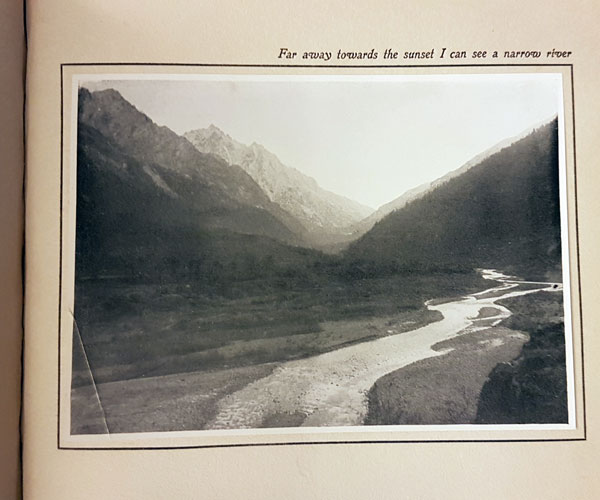About the book:
The Garden of Kama is a book of lyric poetry published in 1901 and written by Adela Florence Nicolson under the pseudonym Laurence Hope. It was illustrated by Byam Shaw. The poems in the book were falsely given as translations of Indian poets by a man, as she thought the book received much more attention that they would likely have done if she had published them under her own name. Also false was the assertion that the poems in the book were products of Indian culture – they were original works; none was actually a translation.
The poetry in this volume was characteristic of all of Nicolson’s poems, making liberal use of the imagery and symbols from the poets of the North-West Frontier of India and the Sufi poets of Persia. The poems are typically about unrequited love and loss.
The book was initially praised upon its released by many prominent poets, Thomas Hardy among them, although some reviewers were uncertain about the authenticity of the translations. James Darmesteter, Professor of Persian at the prestigious College de France, Paris, emabarassingly documented the images used by the supposed frontier bards as being symbols of the latent Sufi nature of their songs. they were later exposed as being original works from the West, although partly inspired by the Sufi.
The book was published in America in 1927 as India’s Love Lyrics.
About the author:
Adela Florence Nicolson (née Cory) (9 April 1865 – 4 October 1904) was an English poet who wrote under the pseudonym Laurence Hope.
She was born on 9 April 1865 at Stoke Bishop, Gloucestershire, the second of three daughters to Colonel Arthur Cory and Fanny Elizabeth Griffin. Her father was employed in the British army at Lahore, and thus she was brought up by her relatives back in England. She left for India in 1881 to join her father. Her father was editor of the Lahore arm of The Civil and Military Gazette, and it was he who in all probability gave Rudyard Kipling (a contemporary of his daughter) his first employment as a journalist. Her sisters Annie Sophie Cory and Isabel Cory also pursued writing careers: Annie wrote popular, racy novels under the pseudonym “Victoria Cross,” while Isabel assisted and then succeeded their father as editor of the Sind Gazette.
Adela married Colonel Malcolm Hassels Nicolson, who was then twice her age and commandant of the 3rd Battalion, the Baluch Regiment in April 1889. A talented linguist, he introduced her to his love of India and native customs and food, which she began to share. This widely gave the couple a reputation for being eccentric. They lived in Mhow for nearly ten years. After he died in a prostate operation, Adela, who had been prone to depression since childhood, committed suicide by poisoning herself and died at the age of 39 on 4 October 1904 in Madras. Her son Malcolm published her Selected Poems posthumously in 1922.
- The life and poetry of Adela Nicolson have inspired a wide range of adaptations, beginning with British composer Amy Woodforde-Finden’s musical settings of four of the lyrics from The Garden of Kama to music. The most popular of these was Kashmiri Song. After the songs proved a critical success, Woodforde-Finden added four settings of lyrics from Nicolson’s 1903 book Stars of the Desert. African-American composer Harry Burleigh published Five Songs of Laurence Hope in 1915.
- The Mary Pickford film Less Than the Dust (1916) was ostensibly inspired by the poem and song of the same title. Stoll Pictures released a film entitled The Indian Love Lyrics in 1923.
- Fictional literary works based on Nicolson’s life or poetry include Somerset Maugham’s The Colonel’s Lady (Creatures of Circumstance, 1947). This was also adapted into a segment of the film Quartet (1948). Later fictional works include Mary Talbot Cross’s Fate Knows no Tears (1996) and Tim Orchard’s That Bloody Female Poet (a book before Google) (2011).
- In the 1910s and 1920s, dances based on The Garden of Kama were created and performed by Ruth St. Denis and Ted Shawn, Martha Graham and Michio Ito.
– from wikipedia

